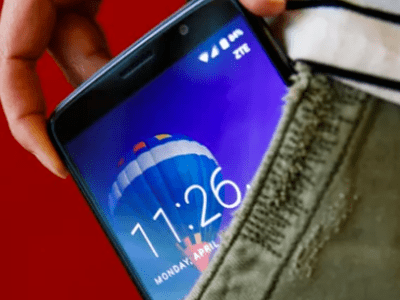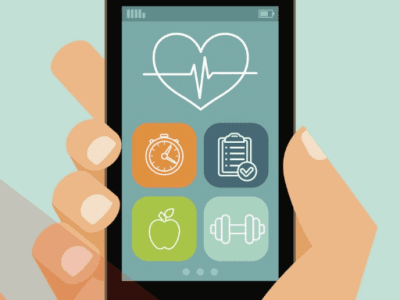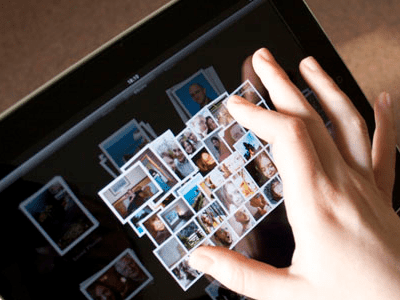 Using their smartphone apps, expecting and new mothers receive timely advice and tips in English. A diabetes patient communicates remotely with his doctor by sending his glucose reading over the GSM network using his smartphone app. A health-conscious person uses a smartphone app to coach him through various fitness levels in a custom program.
Using their smartphone apps, expecting and new mothers receive timely advice and tips in English. A diabetes patient communicates remotely with his doctor by sending his glucose reading over the GSM network using his smartphone app. A health-conscious person uses a smartphone app to coach him through various fitness levels in a custom program.
There are many more such applications that are designed to work specifically with smartphones. The effect of such applications is that they have given the patient or the ‘health-conscious consumer’ the power to make his / her own healthcare choices and decisions, anytime, anyplace.
Mobile Healthcare, or mHealth is a term used to define medical and public health practice supported by mobile connected devices, such as mobile phones and patient monitoring devices. For a communication to be classified as mHealth, the data must be shared, stored, accessed, modified and delivered via a mobile services network or through the internet.

As a result of these technological innovations, mHealth is at the tipping point. So, who will benefit from mHealth?
Thanks to the explosion of mobile phone users in developing economies, mHealth will help overcome geographic barriers and the ‘last mile’ for reaching out to remote patients. In developed economies, mHealth is positioned as a cost-effective, preventive care in place of expensive health care.
This leads to the next question. There has been a lot of buzz, and many projections of a booming market for mHealth solutions in the short- to long-term. Which industry stands to gain out of the emerging mHealth market?
There is an early indicator of trends to come. Some of the big telecoms brands are engaging, and in some instances, already in a partnership with niche healthcare companies to grab a piece of the mHealth solutions market.
The mHealth ecosystem would involve many more such partnerships as mHealth communications would involve hardware, software and a communications infrastructure to work together for delivering value to the consumer. Besides medical device manufacturers and mobile telecom service operators, mobile handset makers, software providers, chip makers, content and application providers, healthcare providers, cellular network carriers have a good chance to latch on to this opportunity.

Some of the important considerations that are necessary to be successful in the mHealth markets of the future include:
Consumer-centric approach
The success of mHealth devices and solutions depends on their ease-of-use, intuitiveness and engagement with the consumer. Rather than stand-alone devices, interoperable devices that help consumers to track their health on multiple platforms stand to gain. Lastly, consumer-friendly ergonomics is a key for market success.
In developing economies, the market positioning and stakeholder communication regarding such mHealth devices and solutions would be critical to market success. The markets in developing economies for such products is still niche, but mature enough to give first-mover advantage to mHealth firms that carefully target specific requirements of a particular geography.
Actionable Insights
mHealth devices and solutions create a large stream of data for consumers and clinicians to act. The key to establishing a successful brand and sustained growth involves generating specific actionable insights by continuously monitoring patient data and healthcare attributes of consumers. Further, mHealth goes beyond simple data monitoring; the involvement of a human interface, expert data analysis and recommendations for follow up actions based on insights generated are equally important. This symbiotic ecosystem of devices, services and expert advice is critical for mHealth to generate the intended benefits.
The growth and development of the mHealth industry depends on deployment of global standards and regulations. This will require initiation of a critical dialogue between all stakeholders – healthcare regulators, health experts, doctors, consumers and technology vendors, and closer integration of technologies and applications with legacy systems.
India represents a very large mHealth opportunity, and is a fertile testing ground for many new innovative mHealth start-ups. With the Government betting big on mHealth for deployment in Primary Health Centers (PHCs) to close the ‘last mile’ gap, there has never been a better case for entering the India market than now. A successful program of product testing, validation and market acceptance in India would provide a mHealth start-up an excellent base to use its India experience as a gateway to target the larger Asia-Pacific and Africa markets.
Excerpted from a new CyberMedia Research study on the India mHealth Solutions market, to be released shortly.












